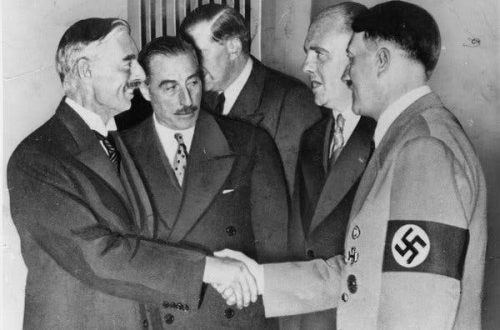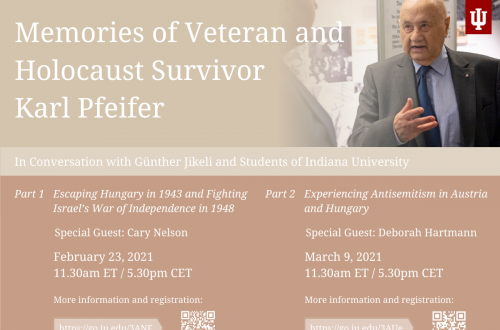Following on from my post yesterday, I have been re-reading Michael Crick’s excellent book, Militant (Faber and Faber, 1984). Crick has recorded a number of memories of people’s time in the Militant tendency. I copy a few of them below:
One ex-member recounted (p.123):
You know when you’re at a Militant ‘social’: you pay to get in, you pay for food, booze, raffle tickets, even pamphlets and books; then there’s a Fighting Fund collection; and if your pockets aren’t empty by then, somebody’s bound to tip you upside-down to make sure your coffers are bare when you leave. I know people who used to hide their last 30p so they could get home on the bus.
David Mason was in Militant for about eighteen months of “unending tedium.” He recounted (p.135) his time in the organisation as follows:
A lot of it boiled down to selling papers. The pace didn’t bother me, but one day I suddenly realized that after a year my social circle had totally drifted. I had only political friends left, simply because of the lack of time. There’d be the Militant branch meeting on Monday evening, the Young Socialist meeting another evening, ‘contact’ work on Friday night, selling papers on Sunday afternoon, and on top of that, to prove to the local Labour Party we were good party members, we were canvassing for them every week and worked like hell in the elections.
Richard Hart had the following recollections (p.139):
I told them I couldn’t help out on Saturday’s because of my job. They felt I was using my job as an excuse not to do more work for the tendency and they held it up to ridicule. I was told that my job wasn’t really all that important, and that the tendency is. They didn’t regard it as a useful job in the community. I was told to fake migraine, but I thought this was dishonest so I didn’t. Then that summer I found that I was addressing a meeting and coming out with all their phrases. I no longer felt an independent person. I felt sucked into them and started feeling the tendency could take over my whole life.
Mike Barnes recollected (pp.139-40)
The most abiding memories of life in Militant are filled with the sheer strain of it all. If you were even moderately active, you would be asked to attend up to six or seven boring meetings a week.
You built up an alternative set of social contacts as much as political activity. It can easily take over people’s lives. It became obsessive. They were almost inventing meetings to attend. There was a ridiculous number of meetings held to discuss such a small amount of work. Even if you didn’t have a meeting one evening, you’d end up drinking with them.
The kind of commitment that Militant required was bundled together in the form of highly alienating personal relationships. You had to make sure your subscriptions were paid and your papers were sold so as not to feel guilty when you chatted to other members. The only way out seemed to be ‘family commitments’ and the unspoken truth that as soon as a young Militant member got a girlfriend he either recruited her of left.
Sounds like a great organisation to join. Why did I never sign up?


